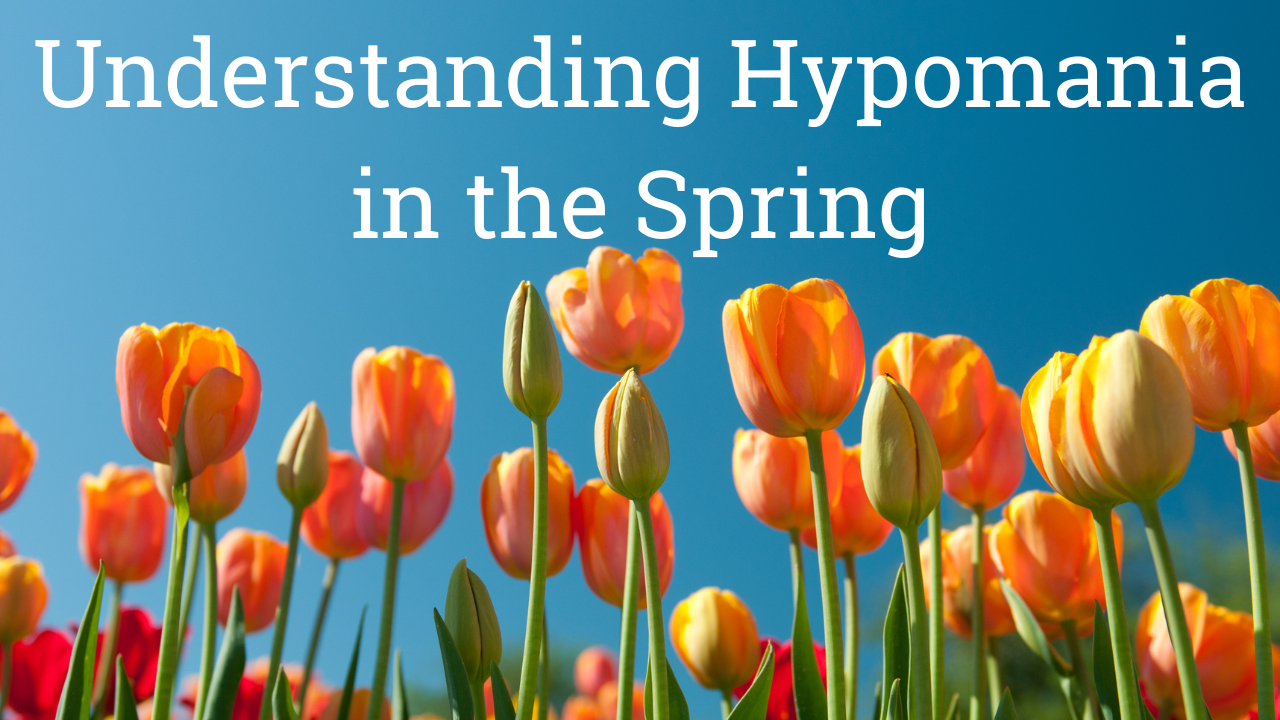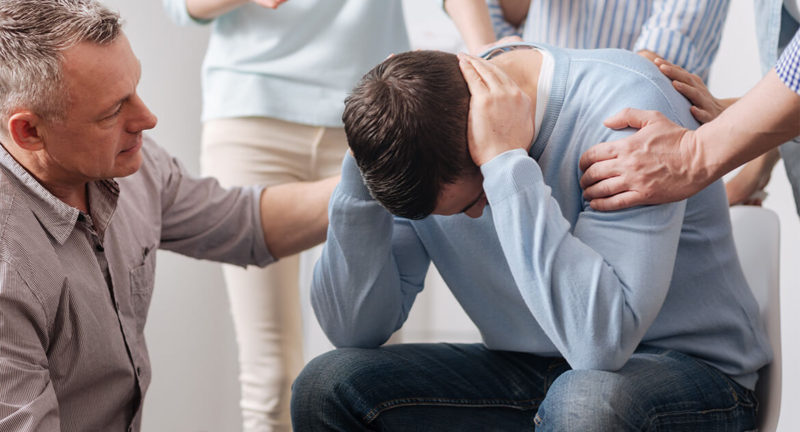
Understanding Hypomania in the Spring
For many people with bipolar spectrum disorders, including bipolar II disorder or cyclothymia, the arrival of spring can bring an unexpected challenge—hypomania. Hypomania is a state of elevated mood, increased energy, and heightened activity levels that can feel productive or even exhilarating at first.
However, if left unmanaged, it can lead to impaired judgment, increased impulsivity, and interpersonal or occupational difficulties.
Spring’s longer days and increased sunlight can impact circadian rhythms and neurotransmitter levels, potentially triggering mood shifts. If you notice racing thoughts, decreased need for sleep, excessive optimism, or impulsivity, take these proactive steps to support your mental health.
Tips for Preventing Hypomania
1. Stick to a Consistent Sleep Schedule
Lack of sleep can worsen hypomania. Try to:
• Go to bed and wake up at the same time each day
• Limit screen time before bed
• Create a relaxing bedtime routine
Read more here: [Do Warm-Colored Lights Help Sleep?]
2. Monitor Your Mood Daily
Tracking your mood can help you identify early warning signs. Use a journal or a mood-tracking app to note:
• Sleep patterns
• Energy levels
• Thoughts and behaviors
If you notice escalating symptoms, contact your treatment provider as soon as possible.
3. Be Mindful of Impulsivity
Hypomania can lead to risky behavior, such as unplanned spending, overcommitting, or socially inappropriate actions. To stay grounded:
• Set spending limits and avoid impulsive purchases
• Pause before making major commitments
• Check in with a trusted friend, therapist, or loved one for feedback
4. Prioritize Balanced Nutrition & Exercise
Spring’s warmer weather may inspire more activity, which can support well-being—but overstimulation may worsen symptoms. Try to:
• Stick to moderate, consistent exercise
• Eat a balanced diet to stabilize energy and blood sugar
• Limit excessive caffeine, sugar, and alcohol
5. Practice Relaxation Techniques
To offset heightened energy, integrate calming practices:
• Mindfulness or meditation to slow racing thoughts
• Gentle yoga or stretching
• Deep breathing to regulate the nervous system
6. Stay Connected to Your Support System
Hypomania can sometimes feel empowering, but staying connected ensures accountability. Keep in touch with:
• Your psychiatrist and other mental health providers
• Friends and family who can help you recognize symptoms early
• Support groups for shared experiences
When to Seek Professional Help
If you notice signs of hypomania—such as decreased need for sleep, racing thoughts, or impulsive behavior—contact your psychiatrist or mental health provider promptly.
While hypomania may not always feel distressing, it can escalate quickly and lead to impaired decision-making or risky behavior. Early treatment can help prevent more serious complications.
If you feel out of control, unsafe, or are unsure whether your symptoms are becoming more severe, seek immediate medical attention or visit the nearest emergency room.
At Next Step 4 Mental Health, our team specializes in helping individuals manage mood disorders with personalized treatment plans—including therapy, medication, and supportive lifestyle strategies.
Related Posts
10 Signs of Hypomania
Individuals with bipolar 1 disorder may experience mania, while individuals...
Bipolar Disorder Q&A
Bipolar disorder – formerly called manic depression – is a mental...


